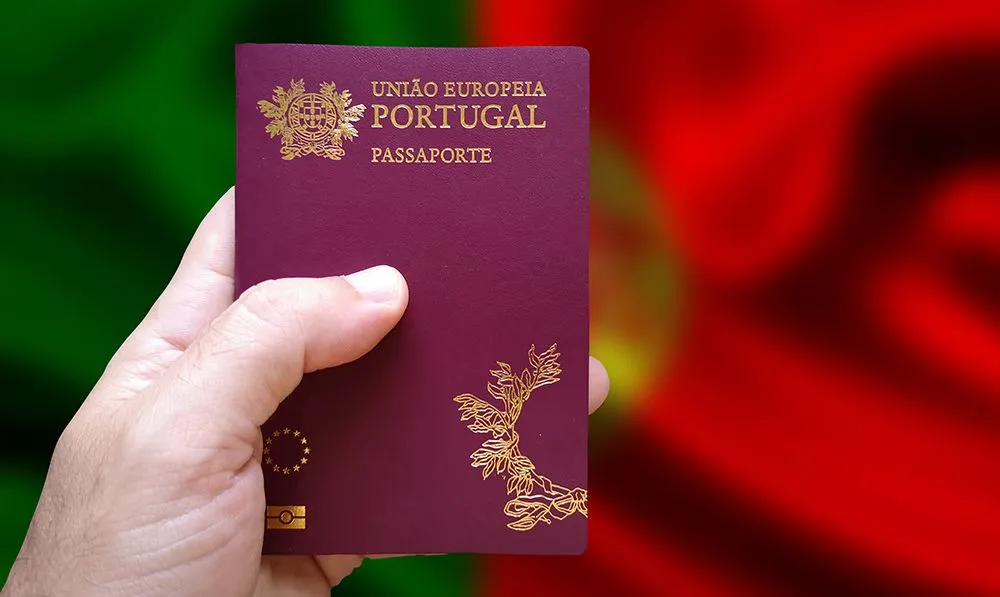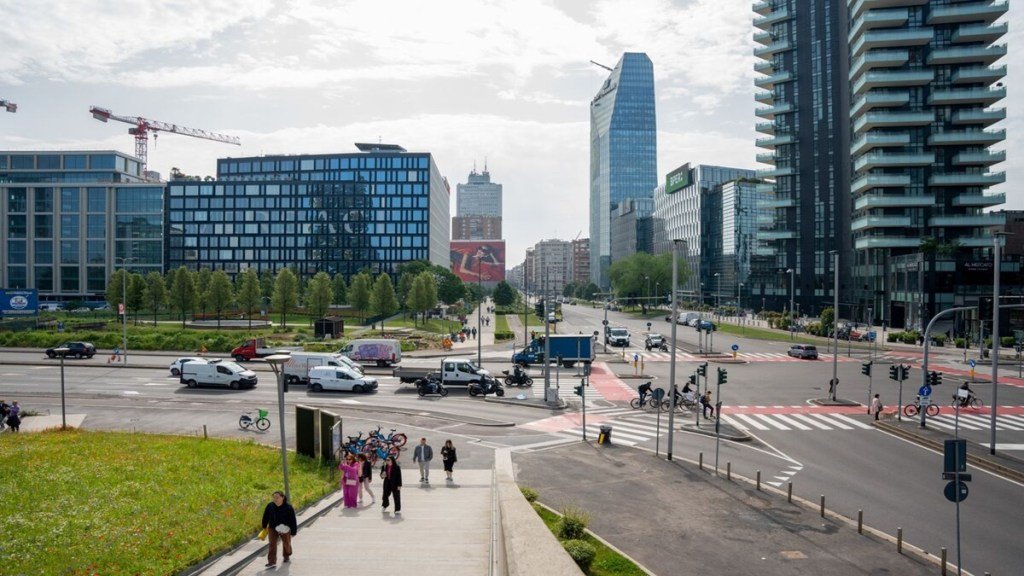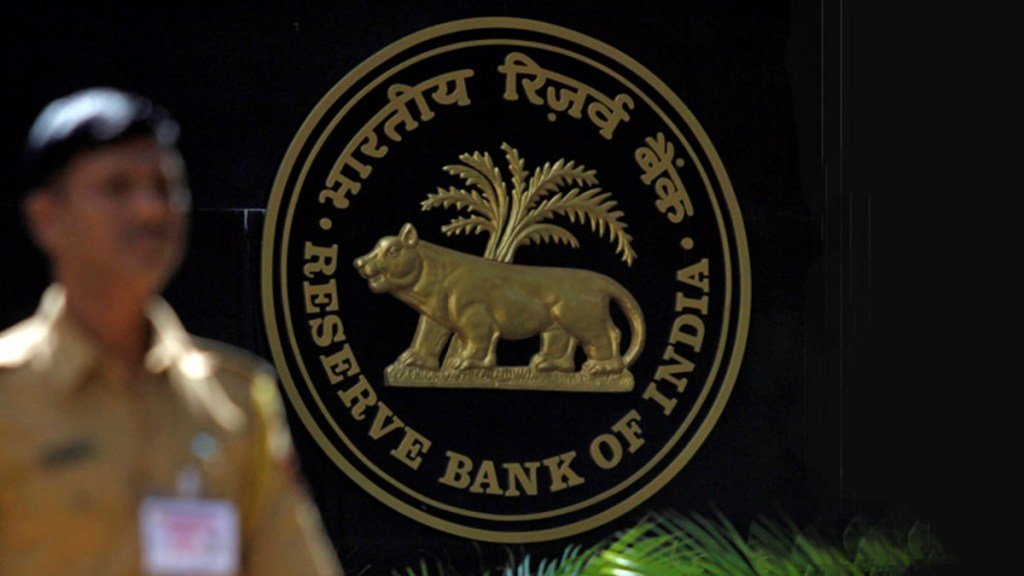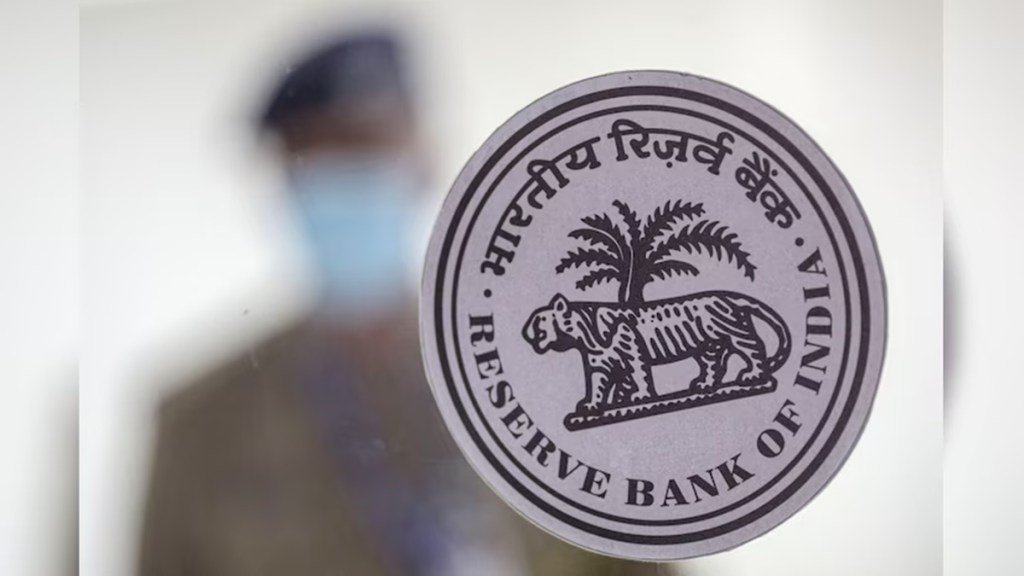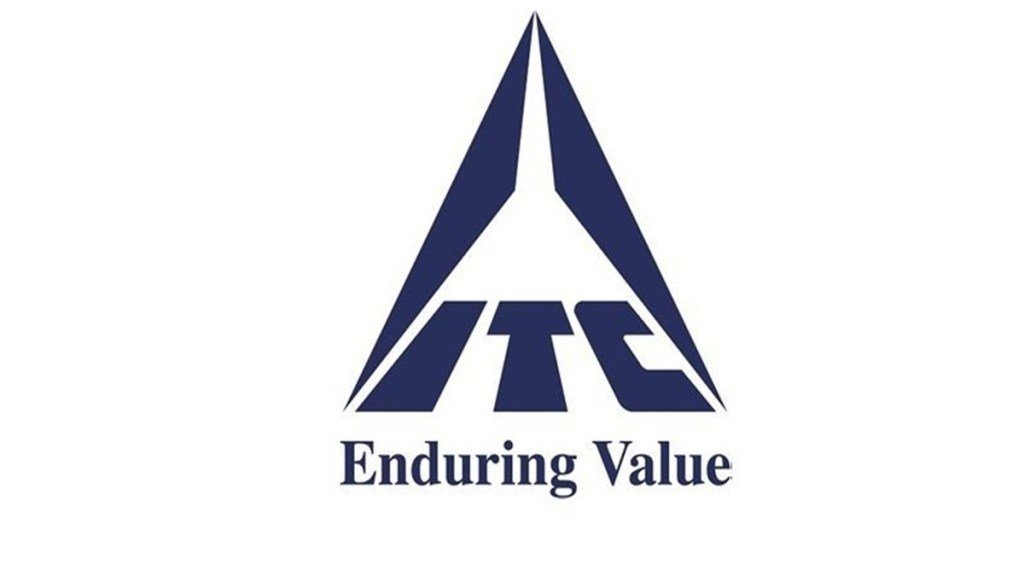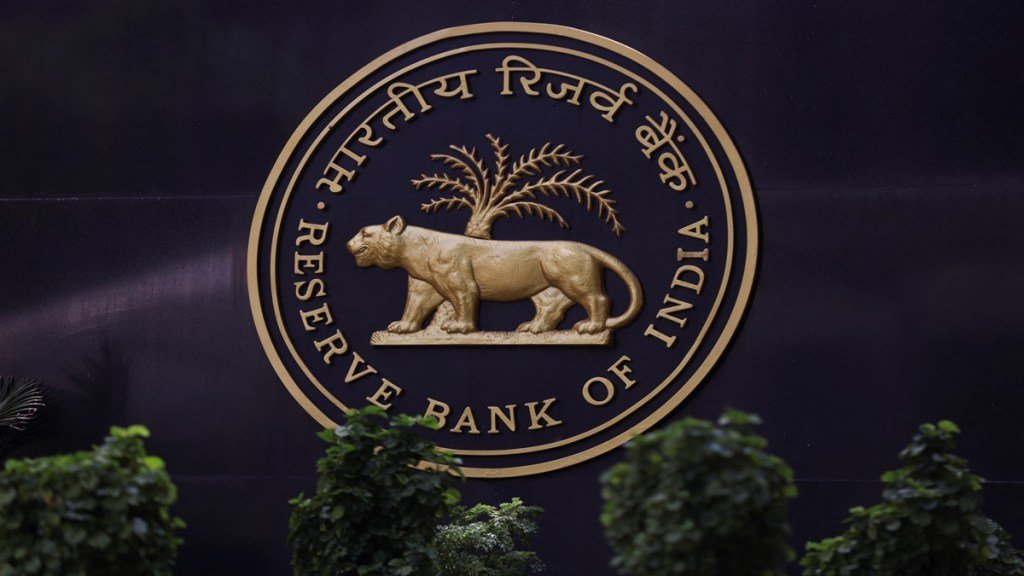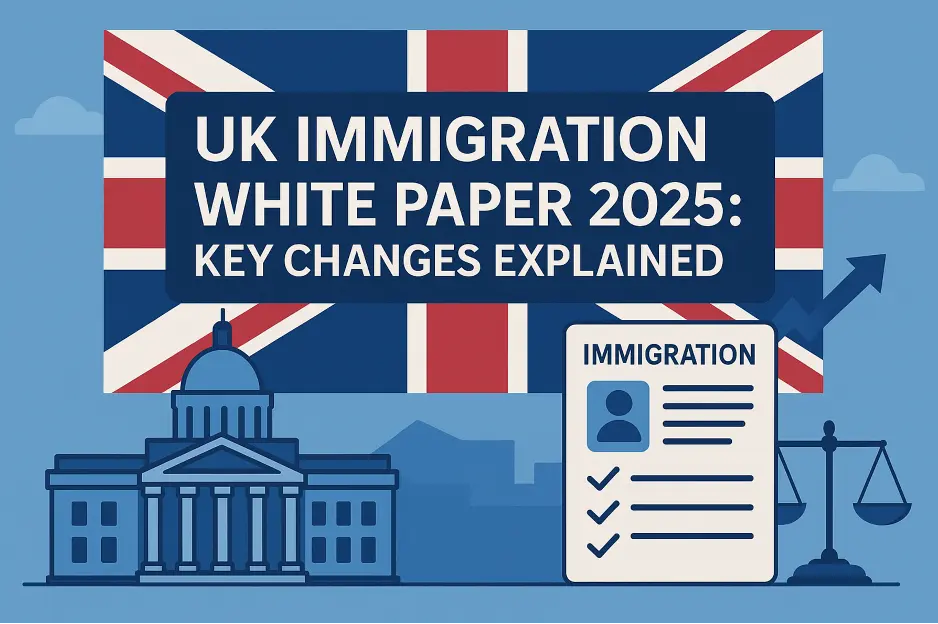
The UK government has released a major white paper titled “Restoring Control Over the Immigration System,” outlining significant reforms that will impact international students, skilled workers, and migrants aiming for permanent residency. Announced on May 12, 2025, the proposals are designed to tighten immigration controls while making limited pathways easier for high-skilled talent. Though the changes are not yet law, some are expected to be implemented within weeks, with others phased in through 2029.
One of the most notable shifts is the plan to extend the timeline for most migrants to qualify for permanent settlement, known as Indefinite Leave to Remain, from five to ten years. While exceptions will exist—for example, spouses of British citizens and victims of domestic abuse—the standard route for work visa holders and possibly others may now require a decade of residence.
Several other changes are proposed. The Skilled Worker Occupation List may be narrowed, meaning fewer medium-skilled roles will be eligible for sponsorship. The recruitment of overseas social care workers could be banned, which would be a significant challenge for the care sector. Universities might face a levy on income generated from international students and stricter visa sponsorship rules. Non-compliant institutions could lose their ability to sponsor student visas.
The popular Graduate Visa route, which currently allows international graduates to work in the UK for two years, may be reduced to 18 months. English language requirements are expected to become stricter, including for partners and dependants of visa holders. On the other hand, the government plans to streamline access for individuals on high-skilled visas such as the Global Talent and High Potential routes.
There’s no single start date for these changes. Some measures are likely to be introduced by mid-2025, while others will follow a staggered rollout up to 2029. A consultation on the 10-year settlement rule is expected later this year.
These reforms may affect current visa holders as well. Early signals suggest that individuals already in the UK could be subject to the longer ILR timeline, though accommodations might be made for those nearing their fifth year. Most of these changes will not go to a full parliamentary vote; instead, they’ll be enacted through updates to the Immigration Rules, a process that usually avoids direct legislative scrutiny.
This represents one of the most sweeping overhauls to the UK immigration system in recent memory. The focus is on reducing net migration by limiting access to settlement and work rights for lower-skilled roles, while maintaining and enhancing pathways for high-skilled and elite global talent. The balance between restriction and selectivity sends a clear message about the UK’s evolving immigration priorities.


